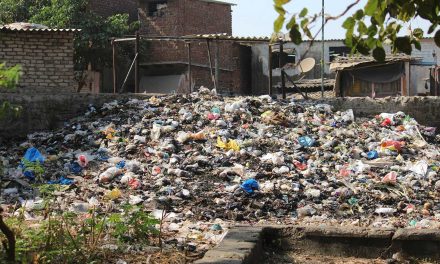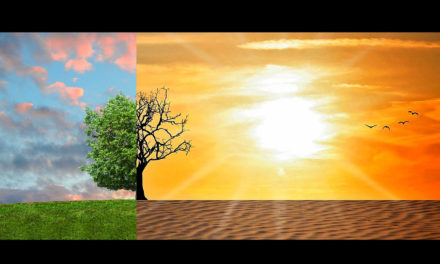On July 1st, Israeli Prime Minister Benjamin Netanyahu will move forward with plans to annex large parts of the West Bank including the Jordan Valley and many illegal Israeli settlements, applying Israeli sovereignty to over 30 percent of the area. However, the majority Palestinian residents will not be afforded citizenship or any equal rights.
Annexation refers to the process in which a nation unilaterally seizes territory that does not belong to them, incorporating it within its own borders.
The move has been condemned by the international community with the United Nations High Commissioner for Human Rights stating that the plan will have a disastrous impact on the rights of Palestinians.
Despite the West Bank being occupied by Israel since the 1967 Six Day War, it is largely inhabited by Palestinians which make up over 2 million inhabitants compared to roughly 430,000 Israeli’s that reside in settlements created during the occupation. Israel’s creeping authority has strengthened over the decades, but the anticipated annexation will be a bold move against international law.
“Annexation would be not only against international law but it would be a major factor to destabilise the region,” UN Secretary-General Antonio Guterres told Associated Press.
Hamas, a Palestinian Islamist group, has said that the annexation plans are a “declaration of war”.
READ MORE: Nakba: A Day of Mourning for Palestinians
The plan to annex parts of the West Bank was revealed earlier this year, in line with US President Donald Trump’s controversial ‘peace plan’.
If implemented, the plans will see Palestinian people losing more of the little land afforded to them. It’ll also make finding education and healthcare services more difficult.
Unfortunately, this annexation isn’t anything new to the people of Palestine. Throughout the years, Palestine has been carved up in favour of anyone other than the Palestinian people. The international community must stand together to do more than just condemn Israel and take action if they ever hope to see a two-state solution come to fruition.
- This Artist is Making the Underwater Arena His Canvas - 28th April 2021
- A Video Game that Promotes Peace and Conflict Resolution - 15th March 2021
- Netflix’s ‘Living Undocumented’ is a Difficult Series to Watch, and Exactly Why We Should - 9th March 2021






